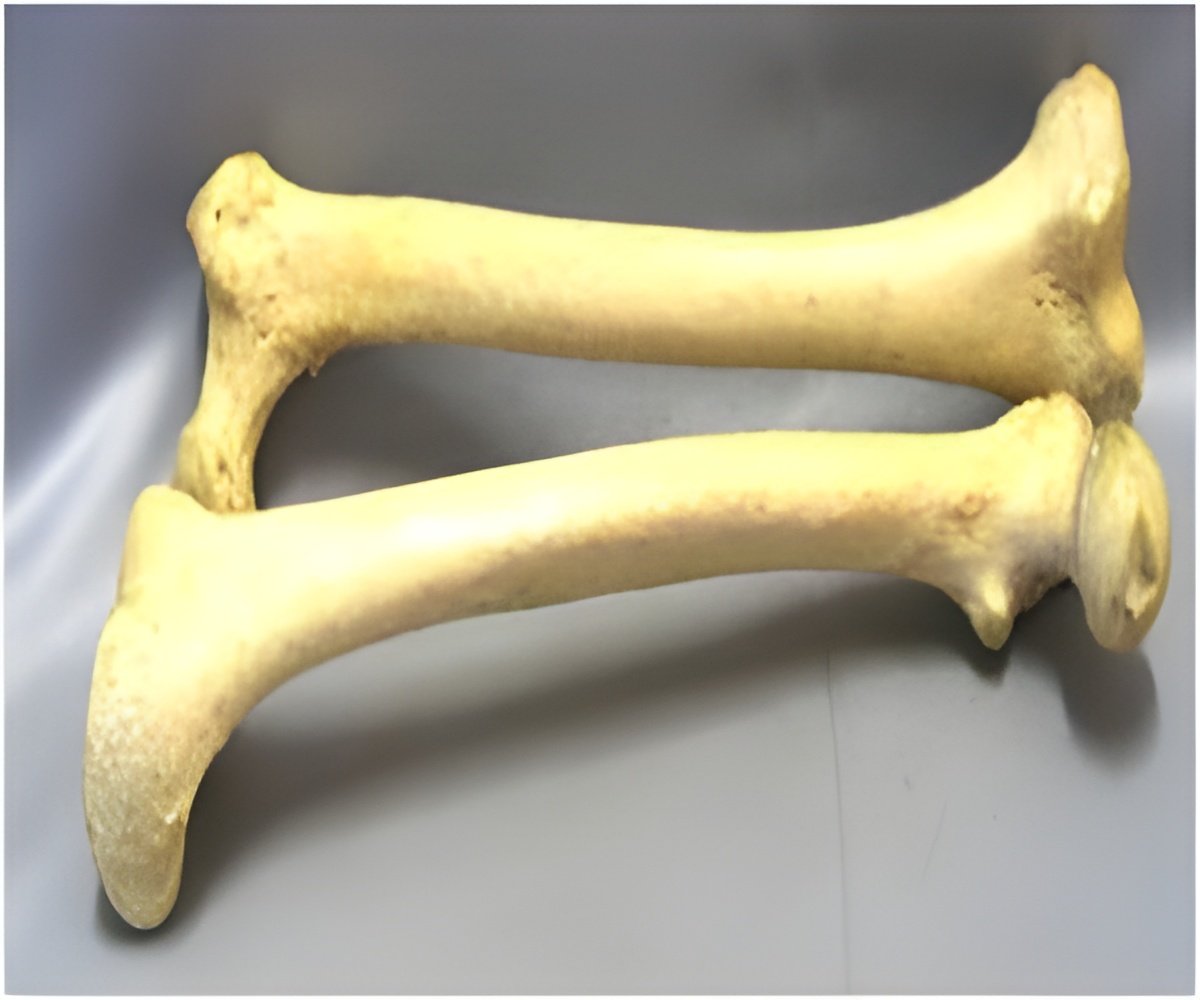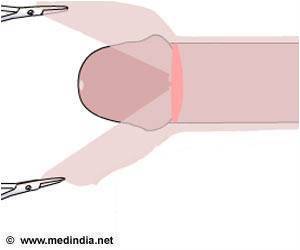Explorers recovered more than 1,500 pieces of bone belonging to at least 15 individuals. The remains appear to be infants, juveniles and one very old adult.

Explorers recovered more than 1,500 pieces of bone belonging to at least 15 individuals. The remains appear to be infants, juveniles and one very old adult.
Thousands more pieces of bone are still in the chamber, smothered in the soft dirt that covers the ground.
The leaders of the National Geographic-funded project believe the bones represent a new species of an ancient human relative.
They have named the creature Homo naledi, where naledi means "star" in Sesotho, a local South African language.
But other experts on human origins say the claim is unjustified, at least on the evidence gathered so far. The bones, they argued, look strikingly similar to those of early Homo erectus, a forerunner of modern humans who wandered southern Africa 1.5 million years ago.
Advertisement
The thorax is primitive and ape-like, but its hands more modern, their shape well-suited to making basic tools. The feet and ankles are built for walking upright, but its fingers are curved, a feature seen in apes that spend much of their time in the trees.
Advertisement









